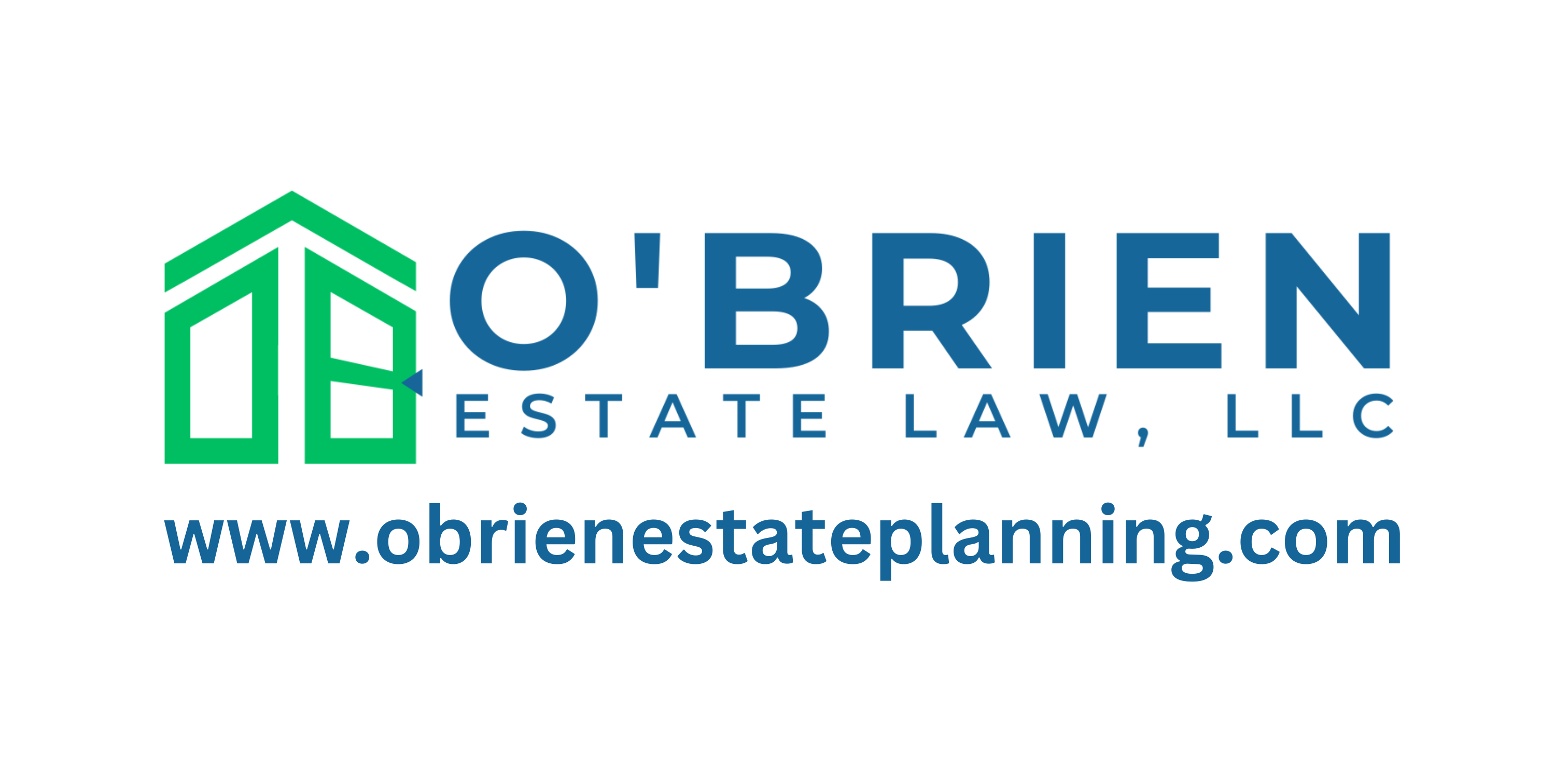DIY estate planning may initially seem like a cost-effective approach, but it often leads to significant legal issues and complications. Individuals who attempt to create their estate plans without professional guidance frequently encounter problems that can undermine their intentions and lead to costly mistakes.
1. Gap in Legal Knowledge
One of the most crucial risks associated with DIY estate planning is the gap in legal knowledge that many individuals have. Estate planning involves various legal considerations that extend beyond merely stating who will receive your assets upon your passing. Individuals are often unaware of the specific laws governing wills, trusts, and probate processes, which can lead to valid documents being created incorrectly or left incomplete. Consequently, a lack of professional assistance may result in unintended consequences for heirs and beneficiaries.
2. Inadequate Documentation
Creating estate planning documents using online templates or forms can lead to inadequate documents that do not fulfill the individual’s estate planning goals. Many templates are overly simplistic and fail to address particular needs or unique circumstances. For example, a DIY will may overlook complex family dynamics or specific asset distributions, leaving potential gaps and ambiguities in the plan.
3. Non-Compliance with Legal Requirements
Another significant issue with DIY estate plans is non-compliance with state laws. Every state has distinct requirements regarding the execution, witnessing, and notarization of wills and trusts. A DIY will may not meet these legal standards, causing it to be deemed invalid. If a will is contested in probate court, the entire estate planning effort may become ineffective, ultimately resulting in the estate being distributed according to state intestacy laws instead of the wishes of the deceased.
4. High Costs in the Long Run
While DIY estate planning may seem like a way to save money, it can lead to higher costs later on. If a DIY estate plan is challenged in probate court, it can become financially burdensome as legal fees escalate and the process is drawn out. Problems arising from poorly written documents can require professional intervention, ultimately negating any initial savings.
5. Family Disputes
Poorly drafted estate plans may lead to disputes among family members. Ambiguities or misunderstandings about the intentions of the deceased often result in conflict among heirs and beneficiaries. Such disputes can be emotionally draining, and the involvement of legal processes may further strain family relationships and lead to a protracted resolution.
6. Lack of Comprehensive Planning
DIY estate planning often results in a lack of comprehensive planning. Individuals may focus solely on wills while neglecting other critical documents such as trusts, powers of attorney, and healthcare directives, which are essential for addressing various aspects of estate management. This oversight can lead to a fragmented approach that fails to protect and allocate assets effectively.
7. Errors and Omissions
DIY estate planning is also fraught with the risk of errors and omissions in the documents. Such mistakes may stem from misunderstandings or misinterpretations of legal terminology, which can have profound implications for the validity of the documents or the distribution of assets. Even minor errors can create significant issues during the probate process, complicating matters for the surviving family members.
In conclusion, while the allure of DIY estate planning may be tempting, the potential issues arising from this path often outweigh the benefits. Engaging with estate planning professionals ensures that the necessary legal requirements are met and offers peace of mind, knowing that one’s wishes will be honored and that family members will not be left to navigate complex legal disputes following one’s passing.
Remember, this information serves as educational and informational content only and is not a substitute for legal advice. Before making any changes to your estate plan, consult with a lawyer you trust to ensure your decisions align with your individual needs and circumstances. Click the link below to set up a meeting with O’Brien Estate Law, LLC, where we can discuss your specific situation and guide you towards a comprehensive estate plan.

